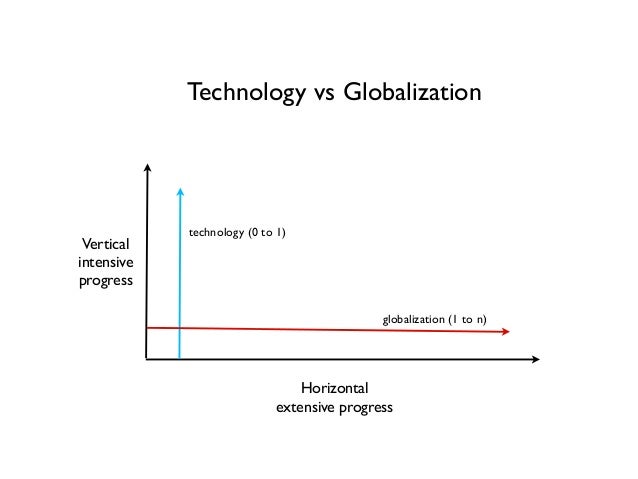

E-books eliminate the stress of carrying bulky books around instead you get to carry as much as possible in the device you carry around.Į-books also eliminate littering, papers won’t litter the environment any longer since e-books can’t be torn off from your device, that’s technically impossible.

The innovative idea behind e-books is very brilliant, it isn’t on paper, thereby no trees are cut down which in turn reduces the disadvantages of cutting down trees. Regular books are expensive and not very good for the environment.

These electronic books are actually designed to take over the regular paper books, it is an innovation for the common books, like the future, but a future that’s already begun. E-books have a wide range of collections you can read, there are school textbooks on any subject, especially popular subjects, literature, history books, classics, and novels of various genres. The Philosophy for Children project and program appeared in the United States at the end of the 1960s and is based on the realization that it is not possible to achieve truly free and supportive societies if we do not have people capable of thinking for themselves within the framework of a supportive and cooperative discussion process.PDF Drive Alternative Sites: Top websites that work similarly to PDF Drive that you can download free books online.Į-books are actually short for electronic books and just as the name implies are books you can read on any electronic device with a screen, of course, such as smartphones, tablets, computers, etc. Among them is Matthew Lipman, philosopher and creator of the Philosophy for Children project, who expressed the following “It is necessary to teach children to philosophize, so they will learn to think and will be able to build a better world, to be active and engaged citizens”. However, in the opinion of numerous experts, children not only can philosophize, but should do so. Philosophy, which plays a fundamental role in the formation of committed citizens and with their own judgment, has traditionally been considered a subject too abstract and obtuse for children it was thought to be a form of knowledge suitable only for the fully developed minds of adults.


 0 kommentar(er)
0 kommentar(er)
